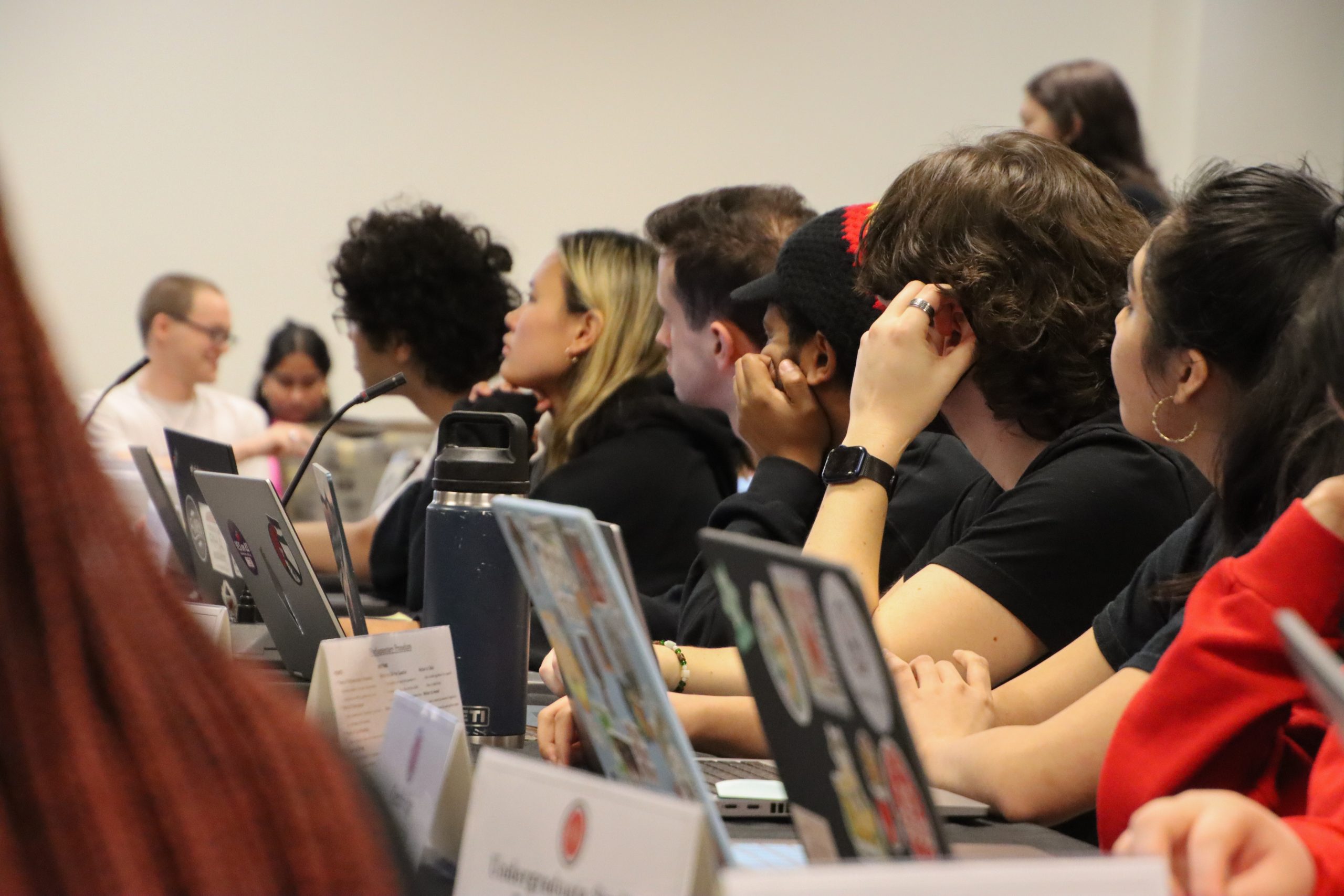Advocating for Fair Compensation
At the University of Maryland, the Student Government Association (SGA) recently passed a resolution to advocate for compensation for campus tour guides, a role currently performed on a voluntary basis. This decision supports an open letter from nearly 100 tour guides from Maryland Images, a student organization working with the Office of Enrollment Management to provide campus tours. The letter urges the university to offer minimum wage compensation, highlighting the financial challenges volunteers face balancing unpaid work with academic and other commitments.
Urgent Call for Action
The tour guides have set a deadline for university administration to propose a viable payment plan or face a halt in campus tours starting March 8. This move is part of a broader effort to align the pay structure for tour guides with that of other paid student positions on campus, such as those in Event & Visit Services. The discrepancy in compensation has sparked concerns among tour guides about the sustainability of continuing in their roles without financial support.
Promoting Financial Literacy Among Students
In conjunction with this, the SGA also endorsed a proposal to establish a financial literacy program aimed at enhancing students’ understanding of personal finance. This initiative is expected to be part of a pilot program that includes setting up a dedicated financial advisor at the University of Maryland and Morgan State University. This program aims to equip students with the necessary skills to manage their finances effectively, particularly focusing on those who could benefit most from the program.
By pushing for these changes, the University of Maryland SGA is taking significant steps to support student workers and enhance financial education on campus, reflecting a commitment to improving the overall student experience and ensuring fair labor practices. These efforts highlight the ongoing dialogue between students and university officials concerning equitable treatment and support for all students, regardless of their financial or employment status on campus.

